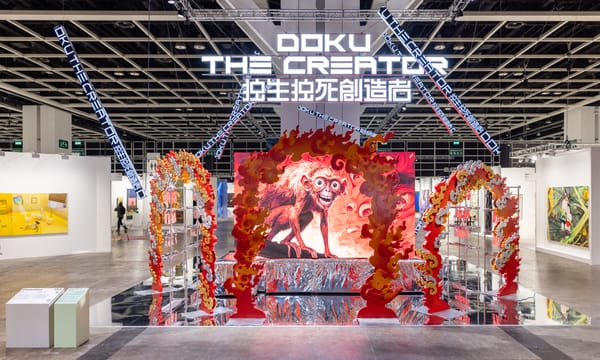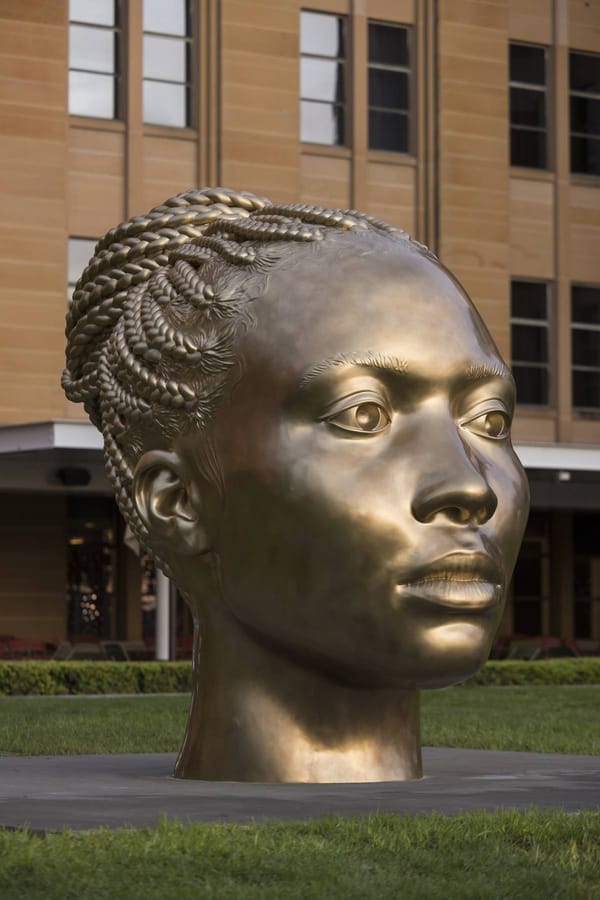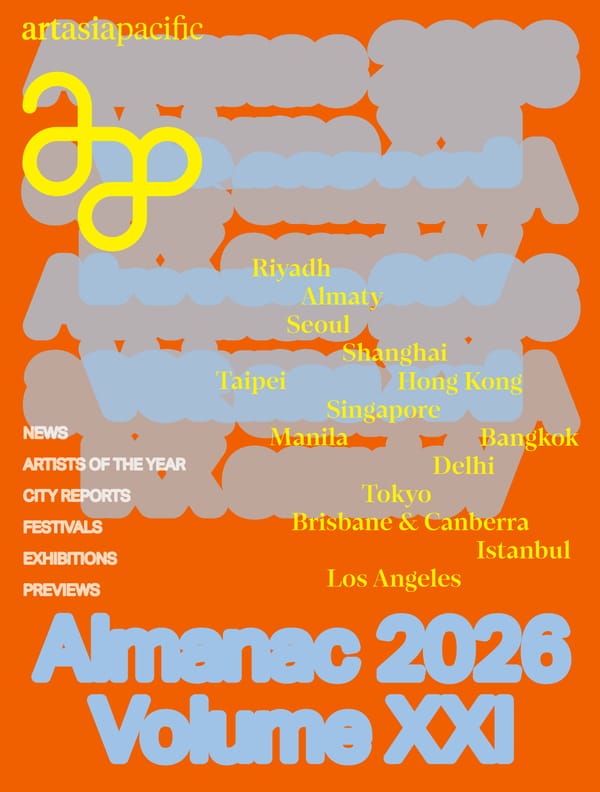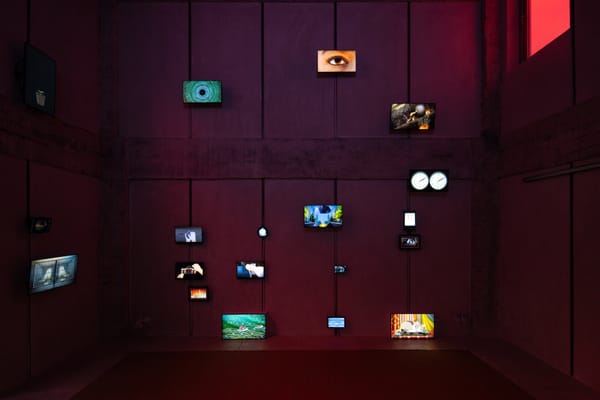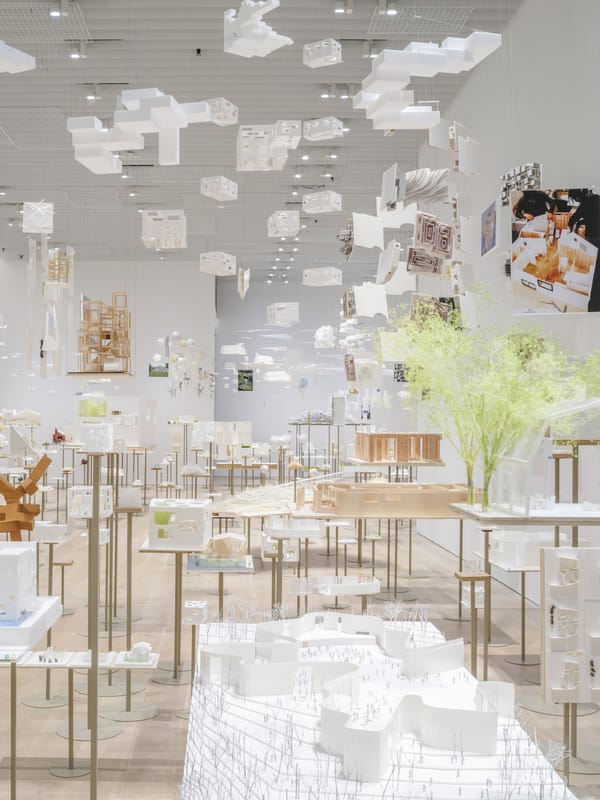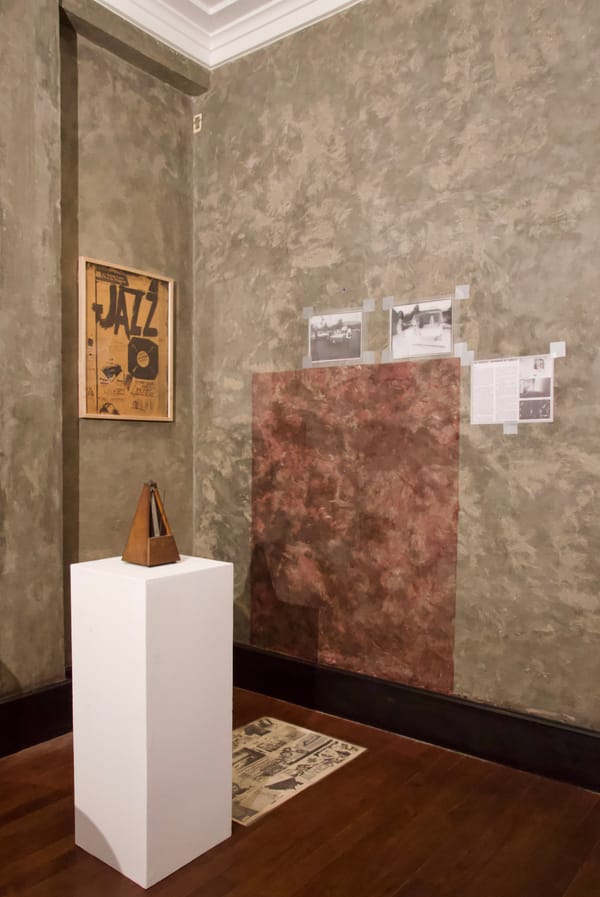Issue
Planting Seeds: ILHAM’s Subtle Art of Inclusion and Collaboration
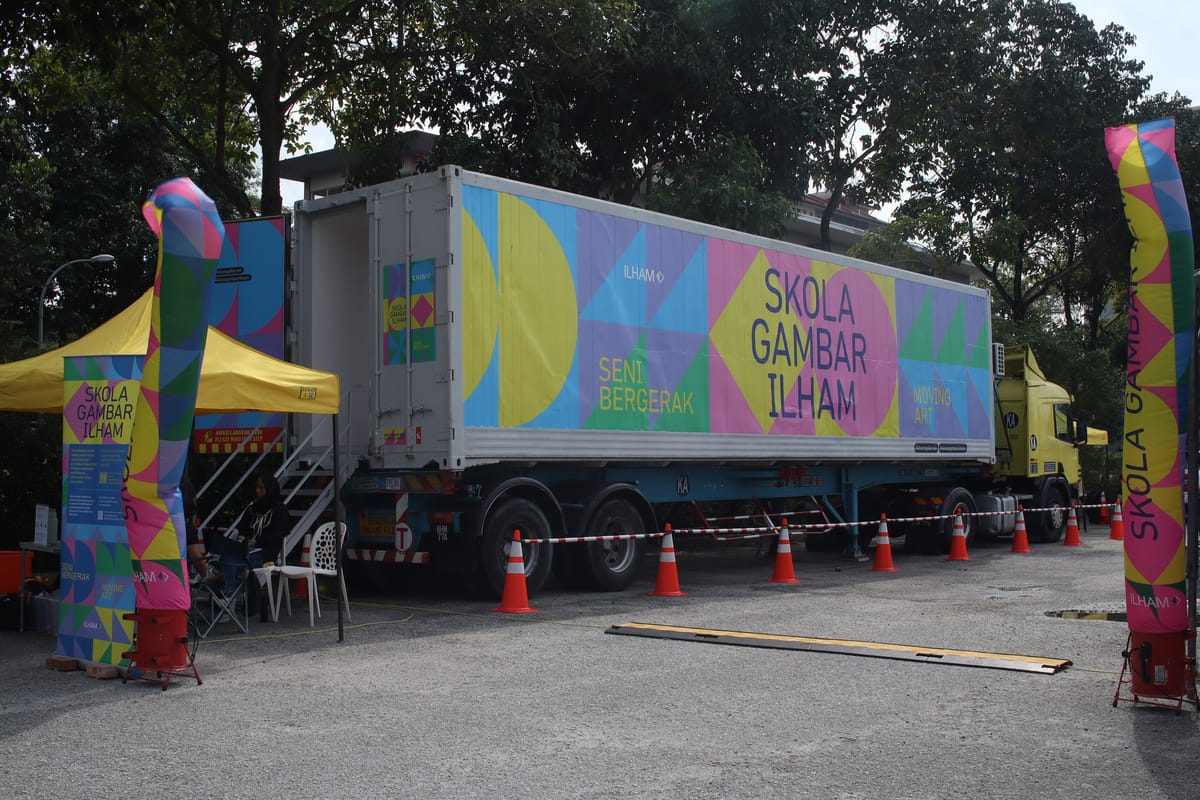
On ILHAM Gallery’s 10th anniversary, a lively crowd gathered for the launch of its latest exhibition, “Menggodam,” named after the Malay word for “hacking.” The show featured nine artists who (mis)appropriate various technologies in surprising ways. Curators Gunalan Nadarajan and Roopesh Sitharan described menggodam as “the cultural ingenuity of reprogramming to execute one’s own program,” highlighting contexts in Asia where “creative reconfiguring and vernacular appropriation not only point to culturally located ways of making, but in fact posit strategies for shortcircuiting the closures and exclusionary logic of hardware, systems, and infrastructures, especially those inherited from outside these cultures.” Haris Abadi’s Open Source <Plant Your Own Tree> (2018) neatly exemplified this approach by using IKEA products to craft a Pohon Beringin—a representation of the “Tree of Life” in traditional Malay cultural forms, and providing DIY assembly instructions. The gesture invited us to rethink standardized homeware shaped by global industrial capitalism, transforming it into something that honors individual agency, local cultural heritage, and ancient knowledge systems rooted in the natural world. As we huddled on the third floor mezzanine next to the office and library enjoying pulled tea and local snacks, several attendees expressed their appreciation for the exhibition text.
Up on the fifth floor, the exhibition “The Plantation Plot” probed the legacies of colonial agriculture through the works of 28 artists, primarily from Southeast Asia and the Americas. The exhibition sought to address how these inheritances have shaped our fractured world, “re-plotting” narratives by disclosing hidden histories, mapping structures of extraction, and pursuing avenues for repair through tactical interventions.
